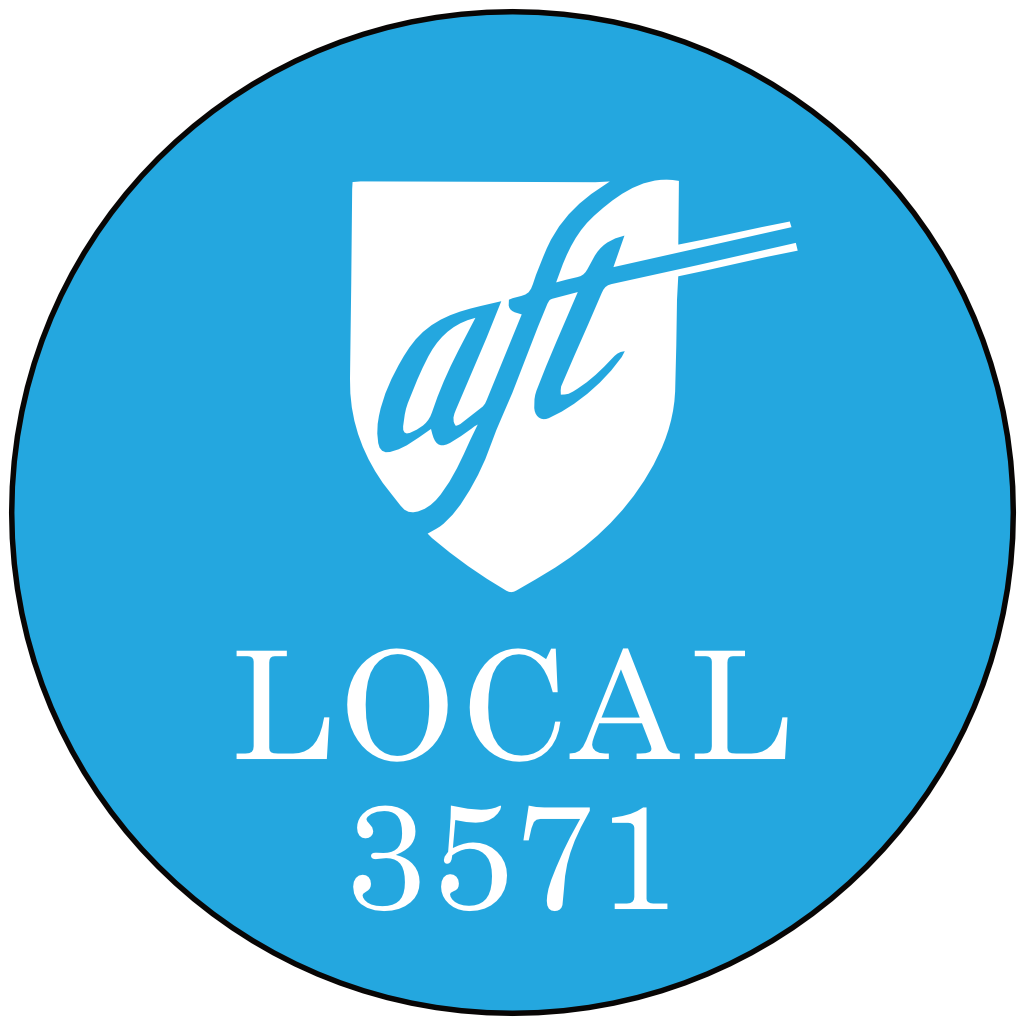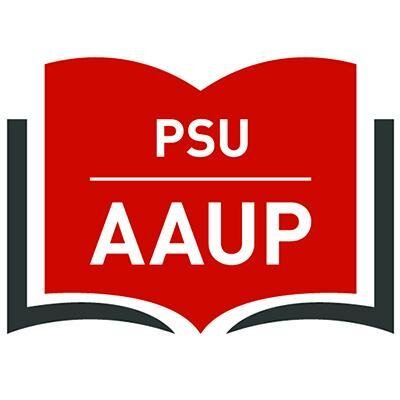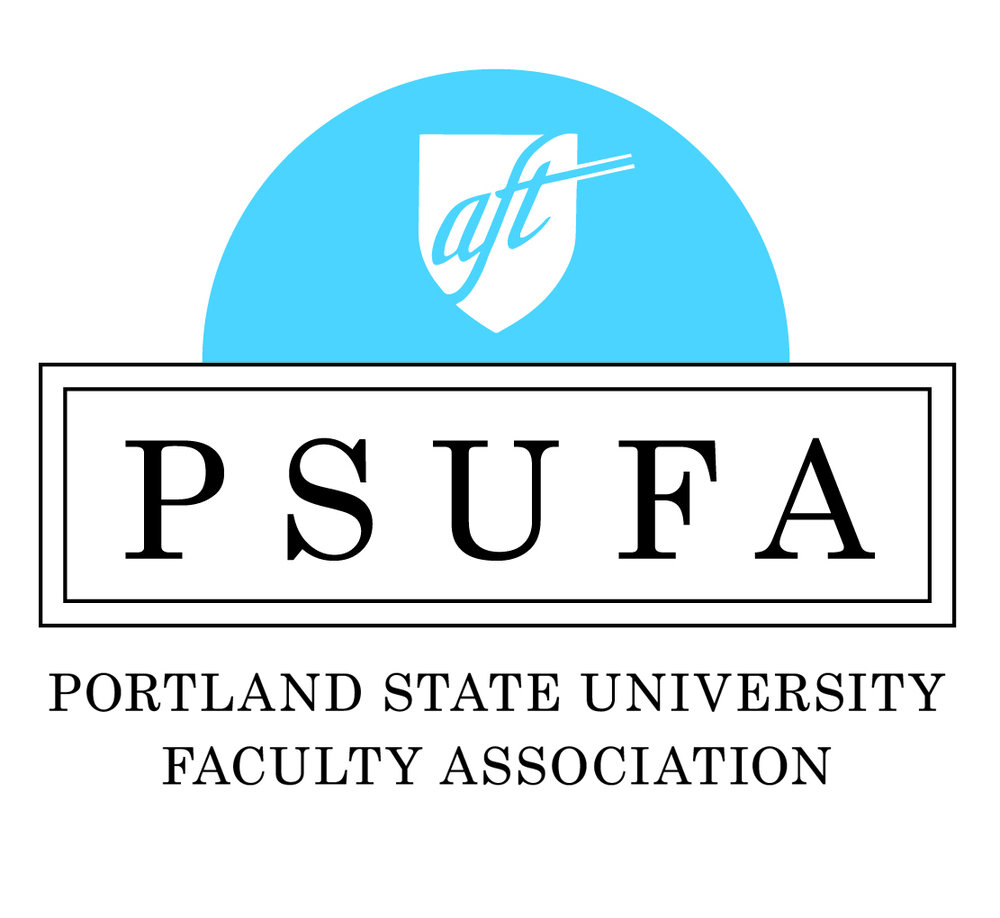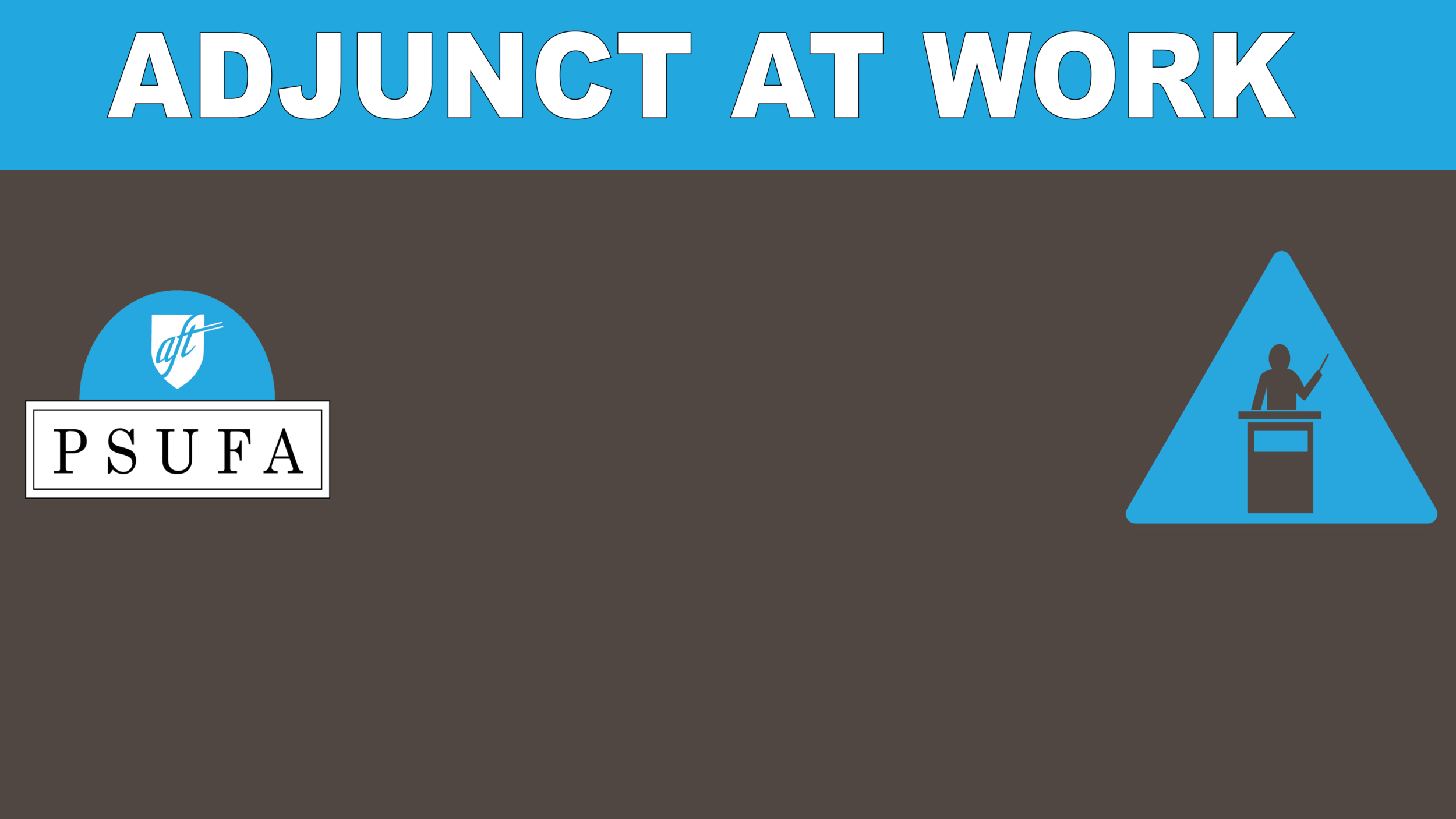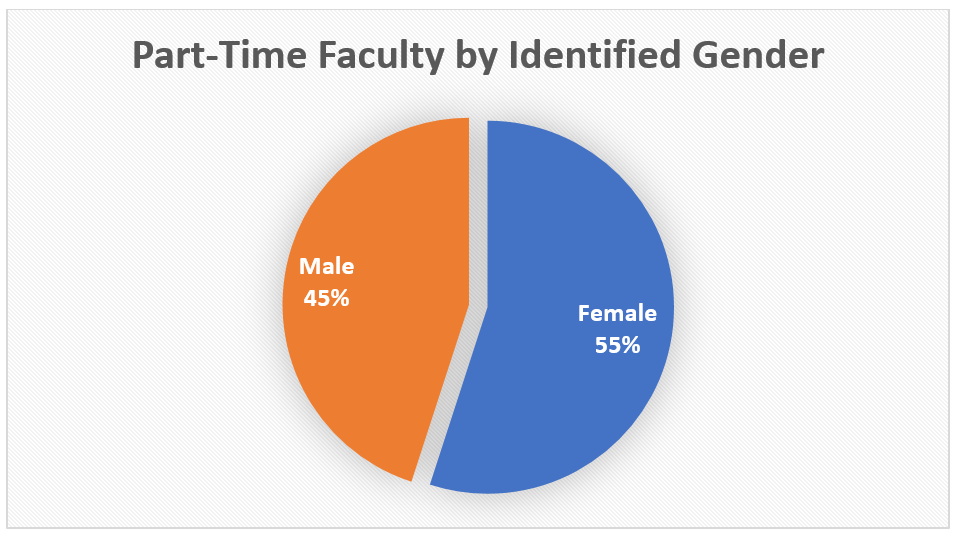On Friday, May 15, 2020, discussion over Oregon’s House Bill 2016 took up nearly the entirety of PSUFA’s bargaining with PSU.
First, some context: There is great variation from state to state in terms of union membership. According to the U.S. Bureau of Labor, Hawaii and New York have the highest union membership (23.5 percent and 21.0 percent of their workers are represented by a union, respectively), while South Carolina represents the lowest (2.7 percent). In Oregon, 14 percent of workers are represented by a union.
Like many state governments with a large percentage of workers represented by unions, the Oregon State Legislature recently drafted pro-union legislation to counter the Supreme Court’s 2016 Janus decision. House Bill 2016, a law that went into effect on January 1, 2020, was put and forth passed with the health and well-being of Oregon’s unions in mind. HB 2016 gave many rights to unions in Oregon that will help us continue to build strength in the coming years. Notably, in terms of how this affects adjuncts at PSU, the law would require the institution (in this case, PSU) to provide timely notice of new hires to the union (i.e., adjunct faculty). This harkens back to a contentious issue that we have been fighting for years in how new adjuncts are treated at PSU.
Over the last decade, orientation programs for new hires and returning adjuncts at PSU have been nonexistent on a campus-wide level. Certain departments have chosen to undertake their own orientations but others have not. While PSUFA undertook the first orientation in many years in 2019, we were hindered in doing so because we had not been provided with a complete list of new hires. As our bargaining team outlined today, providing updated information on new adjunct hires not only supports these workers and helps them to more smoothly transition into their work at PSU but also helps improve the overall preparedness of teaching faculty and, thus, the quality of education at PSU.
Unfortunately, it is not uncommon that new adjunct hires don’t know where their office is located on the first day of work or, if they are able to locate it, find that they do not have access to basics such as computers, printers, and private office space to speak with students. When new and returning adjuncts are not provided with these basic necessities, everyone and everything suffers the consequences—adjuncts, students, the quality of education provided, and the academic integrity of the institution. Adjuncts deserve better. With this recently-put-into-effect law, we have constitutional backing from the State of Oregon to improve said conditions.
The PSUFA bargaining team communicated to PSU the importance and immediacy of these issues to current and future adjuncts. PSU was amenable to some of the changes and responded often that they would need to speak with PSU Human Resources personnel before taking next steps. There has also been a Technology Committee formed between PSUFA and PSU to work on many of the specifics in terms of data sharing collection and distribution, and several of the issues that PSUFA addressed with PSU’s implementation of HB 2016 will be discussed in this committee. PSUFA and PSU will check in on this matter’s progress during the next bargaining session on Friday, May 29.
As always, the PSUFA Bargaining Team is working tirelessly on our behalf to improve our work conditions. Stay tuned for an update after bargaining on Friday, May 29 from 1 to 5 PM or better yet, join us in support as an observer.
—Eli Ronick
PSUFA 3571, Chair of Membership
Read all of our 2020 bargaining coverage here.
